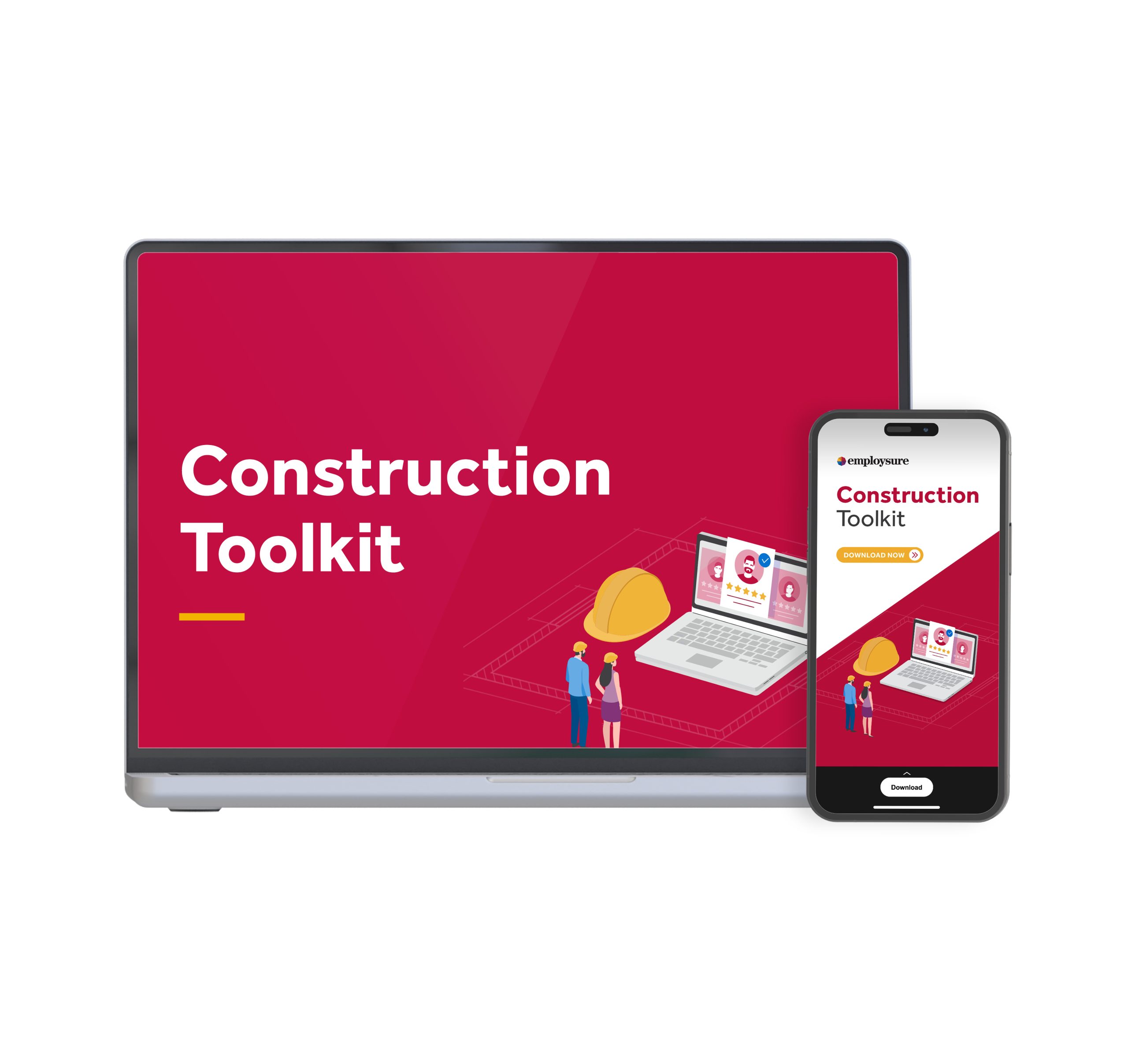
Standard form construction contracts offer a simple, customisable way to create a binding agreement between the parties involved in a project. Standard form contracts are popular in construction because most people in the industry are familiar with them. If you own a construction business, you should be too.
Find out about the different types of standard form contracts, and how they are used to manage construction projects from start to finish.
What is a standard form contract?
While many contracts are entirely purpose made, standard form contracts consist of standardised, pre-written terms and conditions.
Because standard form contracts are familiar to people in an industry, they often function effectively without the need for much negotiation.
In the construction industry specifically, standard form contracts will be amended to suit the demands of a particular project, sometimes changing beyond recognition.
Types of standard form and construction contracts
Here are simple definitions of the different standard form and construction contract types you are most likely to encounter in Australia:
Standard form:
Australian Standards Contracts: These are prepared by Standards Australia, which is an independent not-for-profit organisation recognised by the Australian Government.
Master Builders Association: The different state chapters of the Master Builders Association draft contracts that are tailored to local legislation.
Housing Industry Association: The Housing Industry Associations in Australia’s states supply standard contracts that are for residential builds specifically.
Australian Building Industry Contracts: Joint-produced by the Master Builders Association and the Australian Institute of Architects, these are used by architects when issuing building contracts.
Government Contracts: When the government is the client for a construction project, a standard form contract between the government agency and contactor is used.
Construction contracts:
Lump sum contract: Despite the name, this refers to how a project is priced, rather than how it is paid for. With lump sum contracts, owners provide a schedule, plans and detailed specifications so that the contractor can provide a fixed price before the project begins.
Split contract: A split contract is normally used when a developer sells individual lots within a multi-unit development. The separate buyers must then finance both the land purchase and the subsequent costs of building their property.
Cost-plus contracts: The owner agrees to pay the actual costs the project incurs once it has been completed, plus a percentage to cover the contractor’s profit. The contract price may be described as ‘cost plus 20%’.
Design and construct contract: With a design and construct contact, both the design and construction are supplied by the contractor. Subsequently, the contactor assumes legal responsibility for the design’s suitability and the performance of the completed works.
Construction management contract: In this case, the owner directly employs different subcontractors to complete various parts of a project. The owner normally uses a main contractor who is responsible for managing the work of the subcontractors.
When do I need a construction contract?
If you are undertaking construction work, having contractual agreement in place between you and the owner is a legal requirement. You should also have a contractor agreement before you embark on any commercial projects.
Construction contracts lay out key legal and commercial terms, including:
Cost
Timeline
Quality assurance
Specifications
Scope of work
State legislative requirements
Why are construction contracts important?
Construction contracts ensure all parties involved are aware of their obligations, which reduces the likelihood of disputes. Construction projects are different to other commercial activities in that they present a larger risk profile. A construction contract will clarify specific risks and responsibilities, detailing the liabilities between the parties.
Construction contracts also help owners and contractors agree on deliverables, costs, and schedules, removing any ambiguities before a project gets underway.

Use Our Handy Construction Toolkit
This guide helps employers in the Building and Construction Industry understand best practices and how to put them into action.
How can a construction contract be terminated?
According to contract law, there are only three sets of circumstances when a construction contract can be terminated:
Termination by agreement: It is possible to cancel a construction contract when all parties agree to termination. This kind of agreement normally arises when a project proves so complicated that none of the parties will benefit from completion.
Termination for breach of contract: If a contract term is breached by either party, it is possible to terminate a construction contract. However, the term must be regarded as “essential” and will normally relate to quality assurance, cost, payment, or the schedule.
Termination for repudiation of contract: A contract can be terminated by one party if another clearly indicates they are unable to fulfil their obligations. However, the party responsible for terminating must be able to prove they were able to meet their obligations if it were not for the other party’s repudiation.
Frequently Asked Questions
What is a provisional sum in a construction contract?
Often, the inclusion of provisional sums form part of a contract negotiation. A provisional sum is a financial allowance for works that will be carried out but cannot be priced exactly at the time of writing the contract. For example, a provisional sum may be allocated to an element of a project that does not have a finalised design.
How do you deal with construction contract claims?
Construction projects rarely run like clockwork, and it is common for claims to arise between parties. Often claims are the result of delays, rising costs and unforeseen circumstances.
Construction contracts should specify what constitutes a claim and how that claim will be handled. By having legal clauses for breaches, it is possible to simplify the process of resolving any contract claims.
What is extension of time in a construction contract?
An extension of time (EOT) in a construction contract is a formal agreement to extend a project timeline. It is normally granted in response to construction project challenges, such as delays to deliveries of materials, changes to the scope of work, or unforeseen weather conditions.
What are long-term construction contracts?
Long-term construction contracts refer to a contract which entails work that extends beyond one year. However, it can also apply to a contract which runs for less than 12 months but straddles two financial years.
Does your construction company have workplace relations or health and safety issues? Australian businesses can call our free 24/7 advice line on 1300 651 415.
Employsure handles thousands of workplace problems like yours, with construction companies representing 19% of our client base.
Please note that this is general information. We are not a law firm or a substitute for an attorney or law firm. Please consult a professional before implementing any new contracts or agreements.







